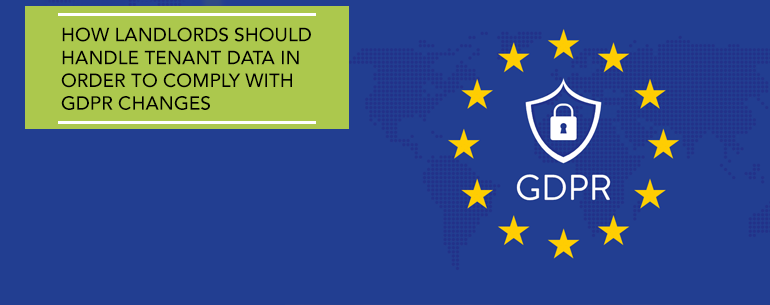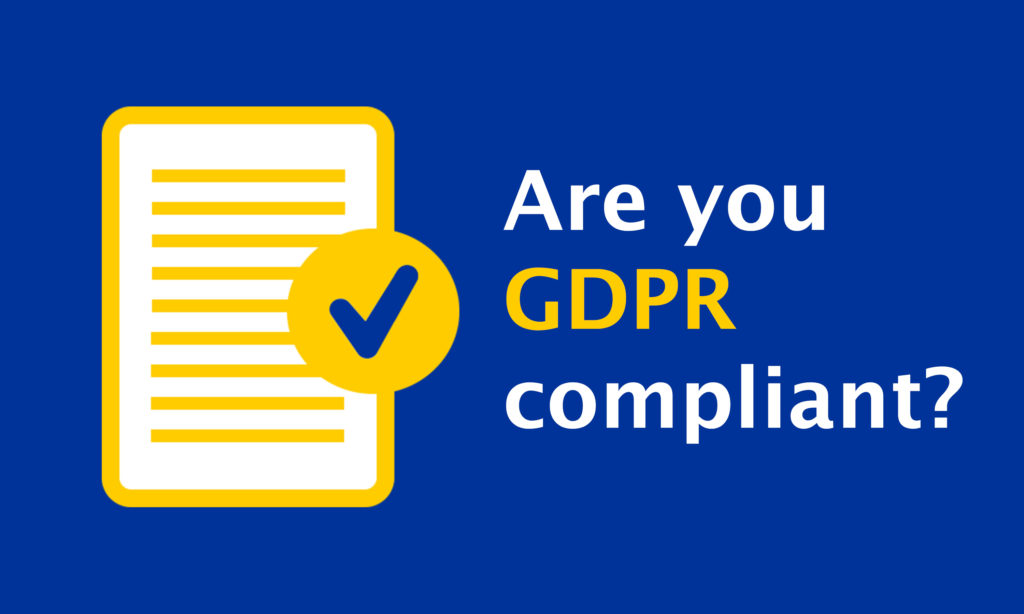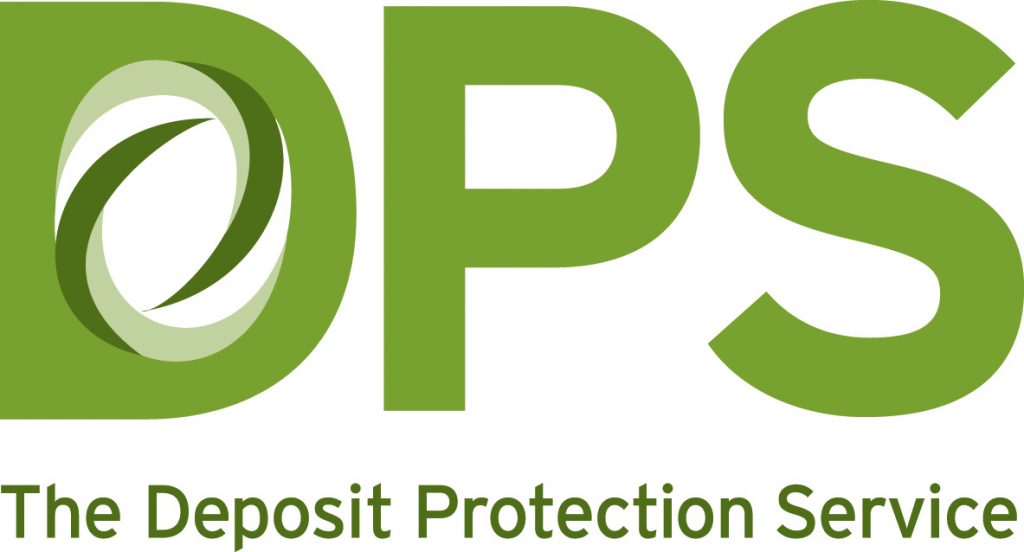
GDPR has been embedded into UK law since May last year. Even so, many businesses, organisations and yes, landlords, still struggle to get to grips with the General Data Protection Regulation. As we strive to ensure all our landlords here at Abode remain compliant alongside ourselves, this week we are taking the opportunity to cover the pointers landlords need to take with regards to handling tenant data.
As a landlord, you will be collecting and storing the personal data of the tenants in your respective properties. Additionally, you may also be holding the data of any individuals under your employment. As a result and in the eyes of the law, you will be classified as a data handler.
Data controllers are required to ensure that their tenant and staff information is kept safe and secure, and is only used for purposes which conform to the lawful basis. One of the simplest methods of tackling this is to bring on board a management agent to oversee the tenant side, allowing you to take back control of your time with regards to this element. To oversee this yourself however, here are the following things to consider.
1) Get registered
The Information Commissioner enforces the Data Protection rules and as such, landlords should be registered with the Information Comissioner’s Office. Everyone who holds and processes (ie uses) data electronically needs to be registered. If you are not registered, it is urgent to get this done as quickly as possible via the ICO website.
2) List the data you are holding
To master the data regulations, it is firstly best to understand what data exactly you hold. As a landlord, this will likely include:
| Tenant contact details e.g. Phone Number, email address, previous postal address | |
| References contact details e.g. Phone number, email address, previous postal address | |
| Data required to complete credit & background checks e.g. ID card, passport, NI number | |
| Payment details e.g. bank details for direct debit, cheques | |
| Emergency contact details e.g. Next of kin | |
| Right to rent checks i.e. legality to rent/reside in UK |

3) List where the data is held
Just as crucially as knowing what data you hold, you need to be aware of knowing where that data is held. Whether it be a simple spreadsheet through to an advanced Customer Relationship Management (CRM) package. Any other software used to store details, such as newsletter software or accounts software, should also be listed.
4) Check data storage is GDPR compliant
If data is held online it needs to be on a secure site and be password protected. However, there is more to it than that. You need to contact your service to find out what they are doing.
Most of these services are fully aware of the new rules and should have a policy statement somewhere. Find out where it is and keep a record of it. Most reputable services will have ensured they were already compliant when the deadline hit in May last year, but it is still worth the check.
Remember; if you input people’s data onto these services then you are responsible for its safety as well as the service company.
5) Ensure your privacy notices are visible
Privacy policies or sections on websites need to be clearly visible whilst setting out in detail what exactly is done with the data. It also needs to be clear what the individuals with whom your data relates to are able to do, as well as their ability to unsubscribe from specific marketing that you may send them.
One of the purposes of the new regulations is to reduce spam and unwanted mailings; so make sure that you can show that everyone on your list has actively consented to get your mailings.
6) Obtain consent
Upon receiving data from a tenant such as on an application form or reference, you must be absolutely sure the individual presenting you with the data is happy for you to distribute marketing material to.
7) Secure the services of a secure, compliant and trustworthy agent
If you’re a landlord or investor as an individual, or part of small firm, then it can beneficial to secure the services of a management agent who are fully knowledgeable on the subject, compliant and can aid you to ensure your data is protected.
If you’re unsure whether or not you as a landlord are compliant with GDPR or are looking to take back control of your time without having to worry, contact us and see how we can help.







